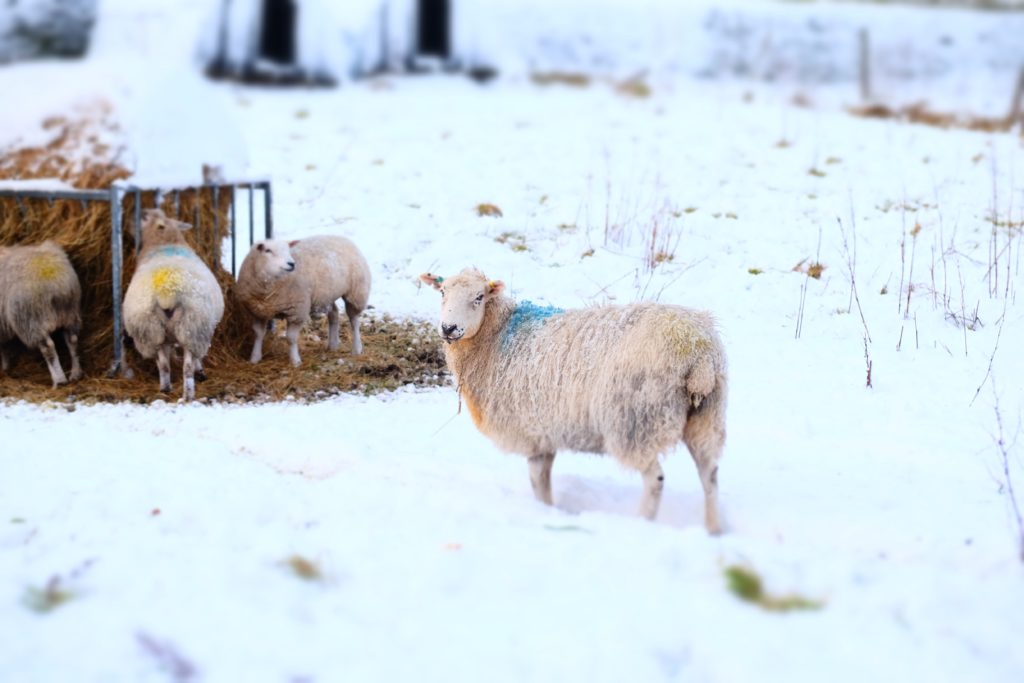
Happy New Year to you dear members, partners, readers and supporters of the ARC!
May this year bring us peace, good health for people and the planet and a lot of dedicated action to make our visions and ambitions real. President of ARC2020 Hannes Lorenzen’s New Year’s letter to set the scene for the year.
Marx and Smith Still Slinging Punches
The German magazine “Der Spiegel” launched its last edition of 2022 with the cover story: “Was Marx right in the end? – why capitalism no longer works – and how it might be renewed”. The lead article quotes a number of recognised economists, philosophers, climate activists as well billionaires, recommending a radical shift away from the neoliberal model of capitalism. They suggest more state intervention and framing of the market, redistribution of means of production and profits, and they altogether question in one or the other way the mantra of economic growth.
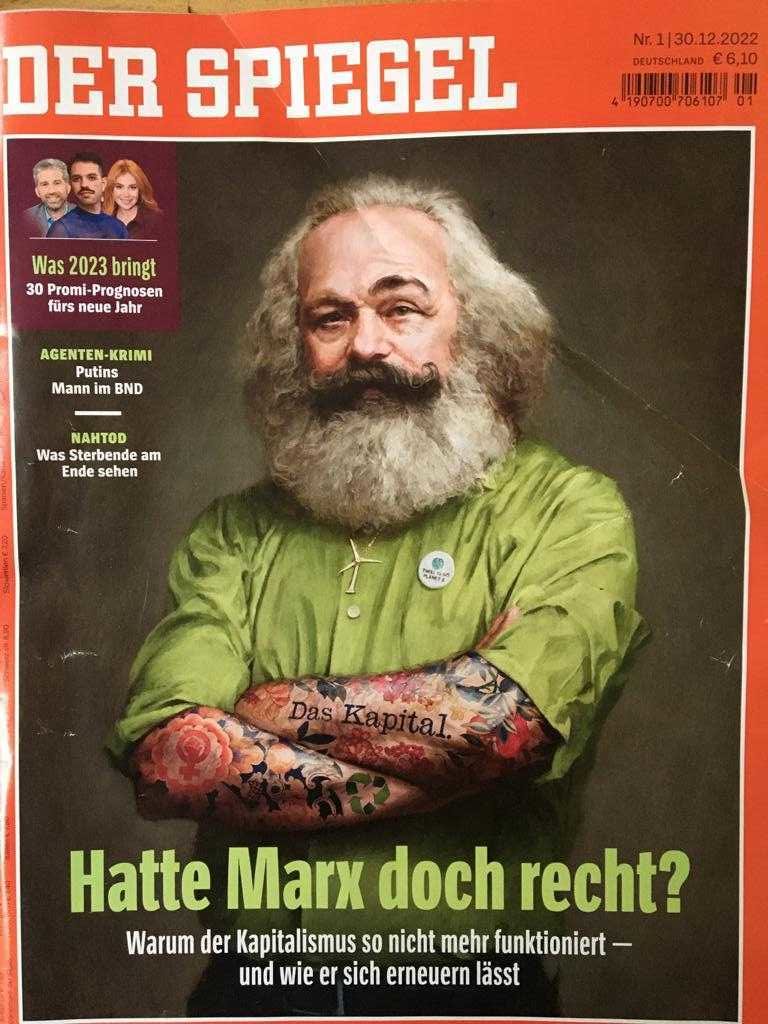
The magazine quotes the Japanese Philosopher Cohei Saito (“Capital in the Anthropocene”) who pleads for more public investment in social care, better education and cooperative forms of enterprises. Economists like the Italo-American Mariana Mazzucato, or Minouche Shafik (London School of Economics) suggest redistribution of profits and state investments upfront, into infrastructure and education and training campaigns so as to raise collective productivity and responsibility. All citizens should get a start-up capital with which they can finance their life long education. Saito, 35 years old, also argues that the pandemic and the broader use of online work opportunities have revealed that an increasing number of young people are done with the ever harder race for profit, and question a career-based life-long working perspective. According to him, a good life-work balance has become a new pre-condition for accepting jobs and running enterprises, at least for young people in Japan.
Marx may be back on the economists and philosopher’s desks, but good old Adam Smith’s invisible hand is still running the show. Capital is in the hands of ever fewer people – shareholders – as poverty and exclusion from productive means and wellbeing is the reality of a growing majority.
In western countries we face dramatically increasing cases of burn-out and depression, especially among young people. Home office work has offered some flexibility in working time but has also weakened collective defense against exploitation.
Those who organise for system change and glue their hands on highways upset those stuck in the system and in traffic jams. This dynamic tension is exemplified by the fact that “climate terrorists” is the unword of 2022, an annual selection of popularized terms that violate human rights or infringe upon democratic principles, made by a panel of German linguists. This phrase and its use is designed to distract, to derail and to shift the focus of the climate deliberations away from substantive issues related to climate breakdown, our role in it, and what to do about this, in exchange for the more straightforward question of what to do with these pesky protesters.
This is like asking whom shall we allow to sit on the deckchairs of this Titanic, as it heads towards the iceberg?
The end of predator capitalism seems still to be wishful thinking, while greenwashing and a reformed capitalism runs amok.
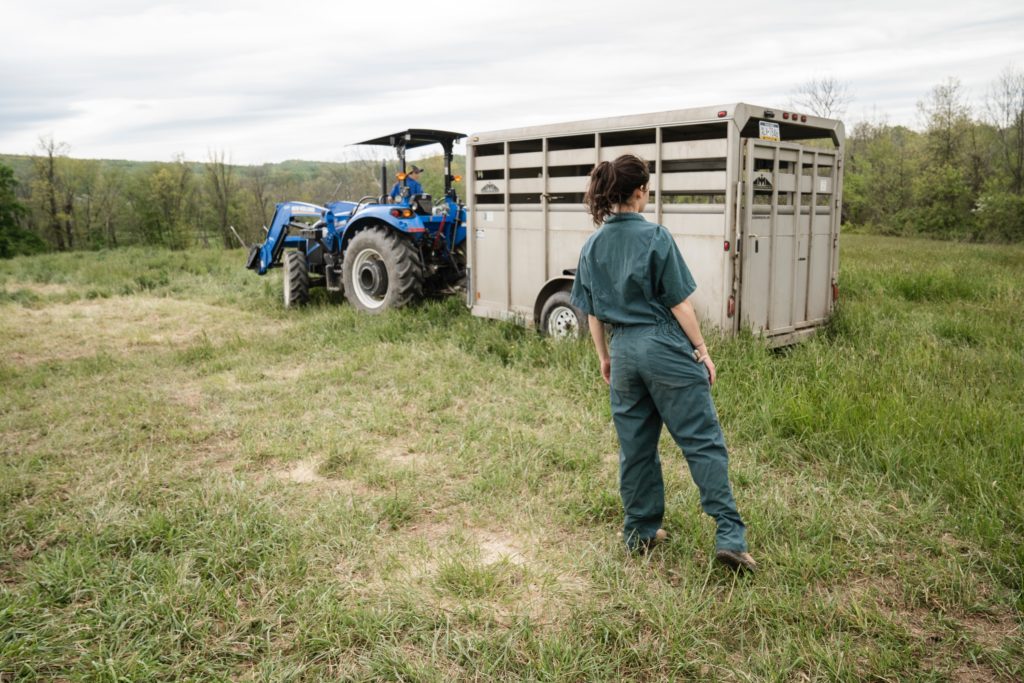
Are We All Stuck in the Middle?
What is worse, a convincing narrative or action plan to transform capitalism into a sufficiency economy is wishful thinking as well. Theories and strategies of degrowth and circular economies are thin on the ground. This Christmas around one million people took off from Brussels Airport for ‘relief from their depression,’ as many put it. Reducing climate footprint is a good thing, as long as someone else takes care of it. Electric cars, LNG gas, massive investments in renewable energies are under way, but they are all based on continued extractive exploitation of non-renewable resources and of people, so as to keep energy supply for Europe on an increasing level. Yes the term resilience has successfully replaced sustainability, but a solidarity economy, degrowth or sufficiency are not properly on the political agenda, especially of political parties, as the Greens now in government in Germany show.
What does a work-life balance mean in times of multiple crises anyway? Does it mean less paid work for more non-paid freedom from capitalism? More work for workers on lower incomes? Where is the system change in that? Living a less energy and resource consuming life is individually super-demanding – and often relies on others to help with responsibilities such as child care.
Achieving a new agro-ecological-fair-self-determined-solidary farming and food system requires a great deal of extra work including political advocacy and action and setting up new democratic decision-making and governance processes. With durable agri commodities traded on futures markets, this is no small ask!
Ask farmers who have converted to organic farming, invested in on-farm processing and direct marketing, have started their own seed saving, or have made life for their animals longer and more pleasant. Or farm workers or bakers and crafts people who work more than ever, while earning less, about life-work balance.
Niches from where one can survive capitalism’s current form are getting rare.
Yes, we need a new rural infrastructure, a better education and learning system, more young people in rural Europe and on farms getting organised, more investments in healthy soil and agroecological practices. But we also need more people who are ready to make this happen collectively and without ideological demarcation or I know-it-all-behavior. With climate disaster and hundreds of thousands of farmers retiring or on the brink of giving up, we need a spirit of all-in merging action. There are enough burning crises on 2023’s agenda. We need to get to common action now, on local, national and European level…
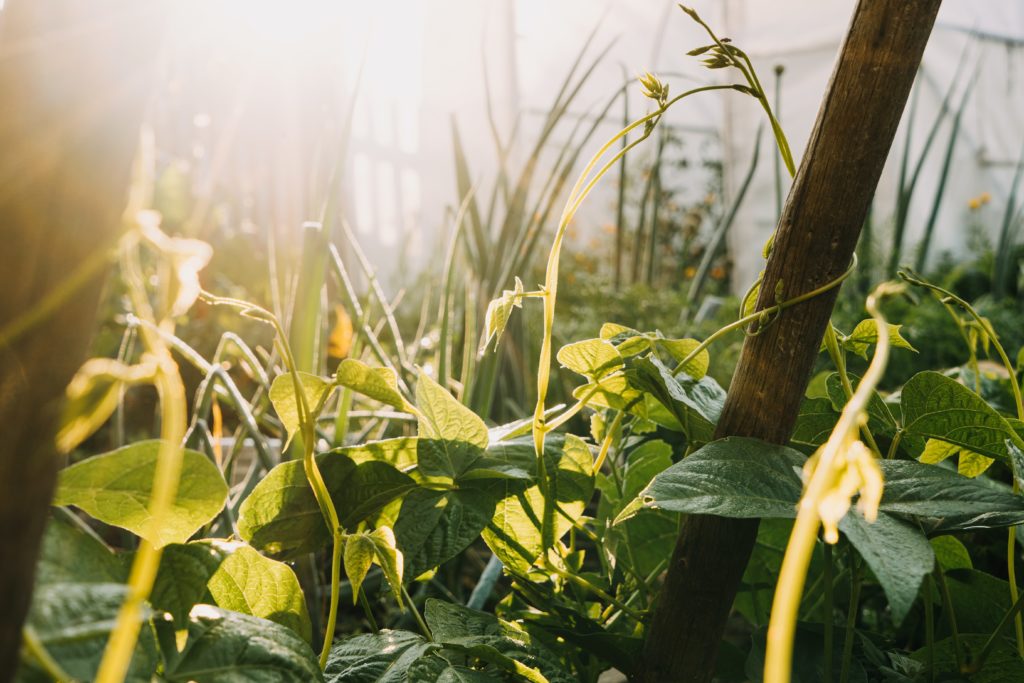
We spell ARC2023 like this :
Action on CAP – Rural resilience – and a Critical mass for system change
Action on CAP
The old CAP is here to stay. Its reform, in force since this very month, is another missed opportunity to rise to the challenges we face. Promises and compromises for a Green Deal, Farm to Fork or Biodiversity Strategies fall far short of the burning reality. Member States have set up their national Strategic Plans with a grab EU money and run – or a simple cut–and-paste business as usual – attitude. The Commission has even invited member states to further water down climate action, pesticide reduction and biodiversity goals. The war on Ukraine and rising grain and food prices have been an excuse and rollback into dangerous “we feed the world” ideologies. The other day I came face to face with this pernicious narrative when former Commissioner Phil Hogan accused me of being responsible for people going hungry in developing countries. Worryingly, Business as Usual has cheerleaders in green quarters as well. The Green German farm minister Cem Özdemir gave a particularly wrong signal for other EU Member States by playing up food security in the context of the war against the few agroecological requirements of crop rotation and soil improvements in the German CAP Strategic Plan.
For us, a few days after the EU reloads an outdated CAP, is the right time to push for a new integrated European Policy which puts people and planet at the center of our debates and actions. We have offered numerous critical appraisals and suggestions for improvement for the national strategic plans of member states. We will continue to push for improvements when revisions of strategic plans are open. But this year also needs disclosing further greenwashing, of false promises for safe pesticides and sneaking in of brave new GMOs. We will oppose useless carbon indulgence certificate systems and warn people not to fall again into the trap that Europe could feed the world in times of rising food prices. With your support we will continue to promote Agroecological principles, Rural resilience and Common action.
A new Common European Rural, Farming and Food Policy supports farmers to move towards practices which are good for soils, plants, animals, climate and people. This must be as a rule and not an exception. It must phase out all subsidies which keep fossil fuel inputs in the game. It must mobilise all citizens into the process of putting food and nature at the heart of this transition. We have gathered broad scientific, practical and political evidence on how to make it happen. To succeed we need to intensify our cooperation across civil society, mobilise for public debate and action now, as the process of a new revision of the CAP is already under way. Believe it or not: the EU Commission plans to propose another CAP reform by the end of this year. We must be ready with our demands and suggestions earlier than that. And we invite you – our partners and readers to work it out with us.
Resilience for Rural Europe
“Rural Europe takes Action” – “no more business as usual” – the book which Forum Synergies and ARC2020 published together has become a big success story. It is a snapshot of an impressive range of initiatives and actions which show the way to a more resilient rural Europe. It includes encouraging action of farmers, bakers, food cooperatives, municipalities, soil protectors, seed savers, and councils – all on their way to a new common policy framework – in spite of inaction of the EU and member states. Our book reveals the need to move away from subsidies based on hectares and to instead support farmers and rural enterprises in improving their practices, to establish a much more local and regional infrastructure which strengthens rural economies instead of extracting raw materials and people. And it shows how many people are ready to cooperate in various rural projects in order to be relieved from destructive and stressful competition.
The book was well received at numerous policy events such as the European Parliament, the Rural Pact Conference and the European Rural Parliament. It includes a draft text for an integrated farming, food and rural policy, the “unwritten regulation” which we suggest to be adapted by the European Institutions in 2027 the latest. That integrated policy should load rural upfront investment into rural socio-ecological infrastructure as suggested by Minuche Shafik, instead of public subsidies which keep an outdated agro-industrial model of farming alife and are accumulated by landowners and the oil based agro-industry.
To promote and nurture resilience on the ground we continue to run our project “Nos Campagnes en Résilience” in France. The past two years we have engaged with farmers, farmers cooperatives, and the municipality of Plessé on the various forms of socio-ecological rural resilience. We are now launching a second edition of the project to include more people and partners who try to further strengthen cooperation between rural civil society and elected people. “Nos campagnes en résilience” will become a place where people from across Europe can be inspired to take dedicated steps for a more resilient rural Europe. We want to see more people – not more robots and drones in the countryside. Our partners are resistant against populists and right wing autocrats. The Free Bakers, the mobile butchers, seed savers, the Global Beans Project, breeders, brewers and cheese makers have become the critical mass for the deep change we need in our farming and food systems.
Critical Mass for System Change
So was Marx right in the end? His analysis missed much – he didn’t integrate into his analysis unpaid labour in the home, just like Adam Smith had his dinner cooked for him but didn’t notice it as worthy of comment.
But Marx had a point in raising the access to land and resources question which is more than a burning question today. And yes, capitalism does not work, if it ever did, for the great majority of people or for the living planet. Where is left for it to exploit and expand into now, after climate biodiversity and colonial extractivism? The question remains if it can work at all in the future. Ending extractive, exploiting, polluting, short-term profit oriented production and establishing regenerative, socio-ecological, fair market conditions needs a new legislative framework, new governance structures as well as a critical mass of people putting all this into practice in the limited time we have to reach resilience.
Rural Europe, agriculture, and food production deal with living organisms and systems which have been deeply damaged. They need to pass a process of regeneration and adaptation to new climate and new social conditions. Good intentions are not enough. Conventions on Climate (IPCC) and biodiversity (IPBES) have revealed the limits of turning scientific evidence into political or practical action. Even if the Committee for Food Security of UN’s FAO recommends the agroecological approach to combine a regenerative process of food systems with the goal of food security, there is no sign that members of the FAO are going to implement this. The agro-industrial complex, Bayer, BASF & Co recommend precision and carbon farming, gene-editing and a synthetic bioeconomy, all concepts for business as usual.
For system change we need individual optimism as Christiana Figueres and Tom Rivett-Cornac, suggest in their book “The Stubborn Optimist’s Guide to the Climate Crisis: We have to shift our action compass from self-centric to nature-aligned. We have to filter every action through a consequential stress test, and we have to be pretty radical about it. When considering an action, we have to ask: Does it actively contribute to humans and nature thriving together as one integrated system on this planet? If yes, green light. If not, red light. Period.”
For collective optimism we need to create a critical mass of people and their organisations who practice a regenerative, circular, more locally and regionally organised economy. We need to work towards merging the various movements and actions in Europe on a much broader scale. Merging movements is more than cooperating. It means more than adding another scientific think tank to the various platforms and movements. “If one thing merges with another, they combine or come together to make one whole thing”.
Beyond the classical thematic advocacy for organic farming, animal welfare and nature conservation there is a new opportunity to embrace the climate, biodiversity, CAP, job-sharing movements – and the desire to reach a humane work-life balance. We need to create our own critical mass for system change at local, regional, national and European level.



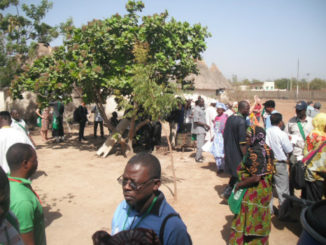
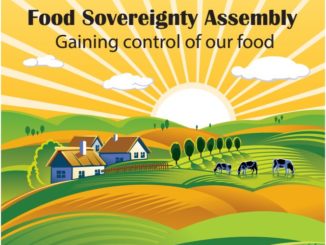
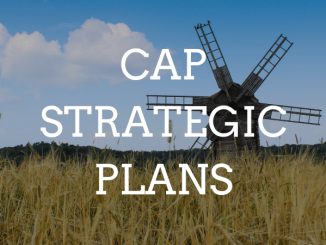
1 Trackback / Pingback
Comments are closed.